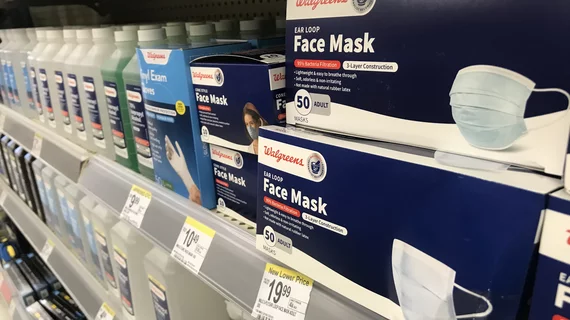Telehealth
Also known as telemedicine, this area of care helps connect doctors and patients remotely, without requiring in-person visits. This virtual care strategy is beneficial for managing chronic conditions, delivering lab test or diagnostic imaging results, post-surgical follow-ups, assessing skin conditions, online counseling and many other healthcare services. It also can improve care, care access and outcomes for patients.
Displaying 121 - 128 of 350






